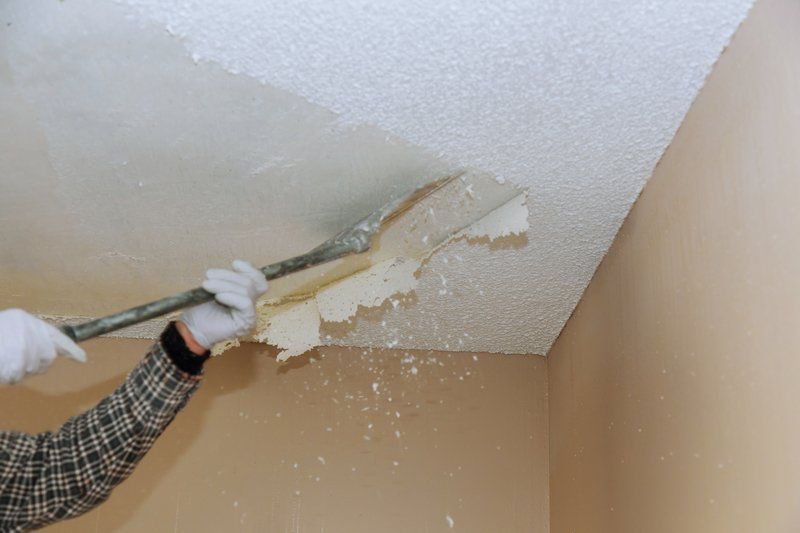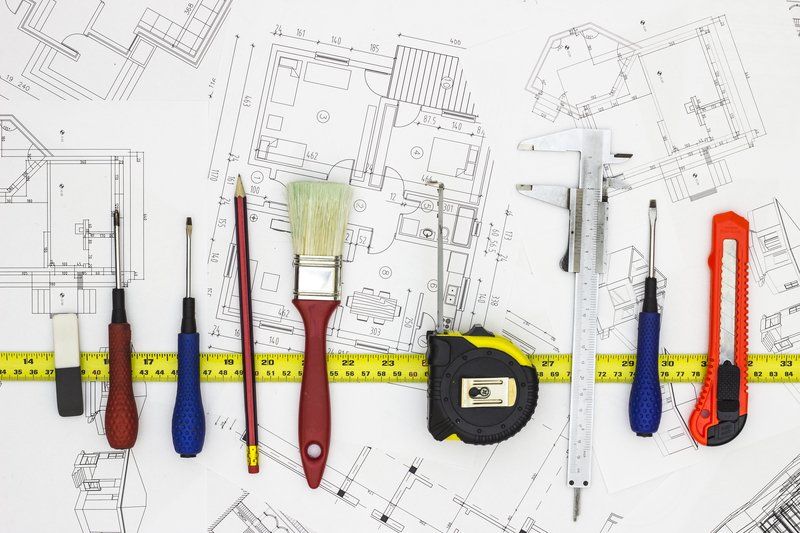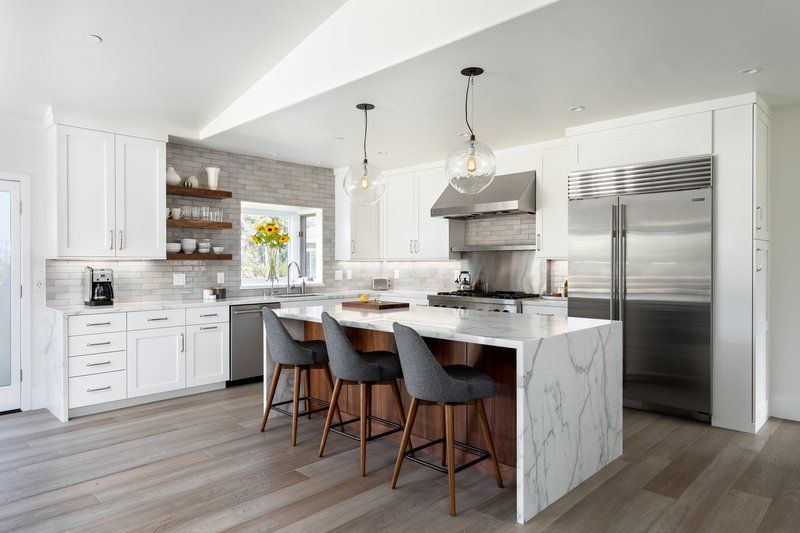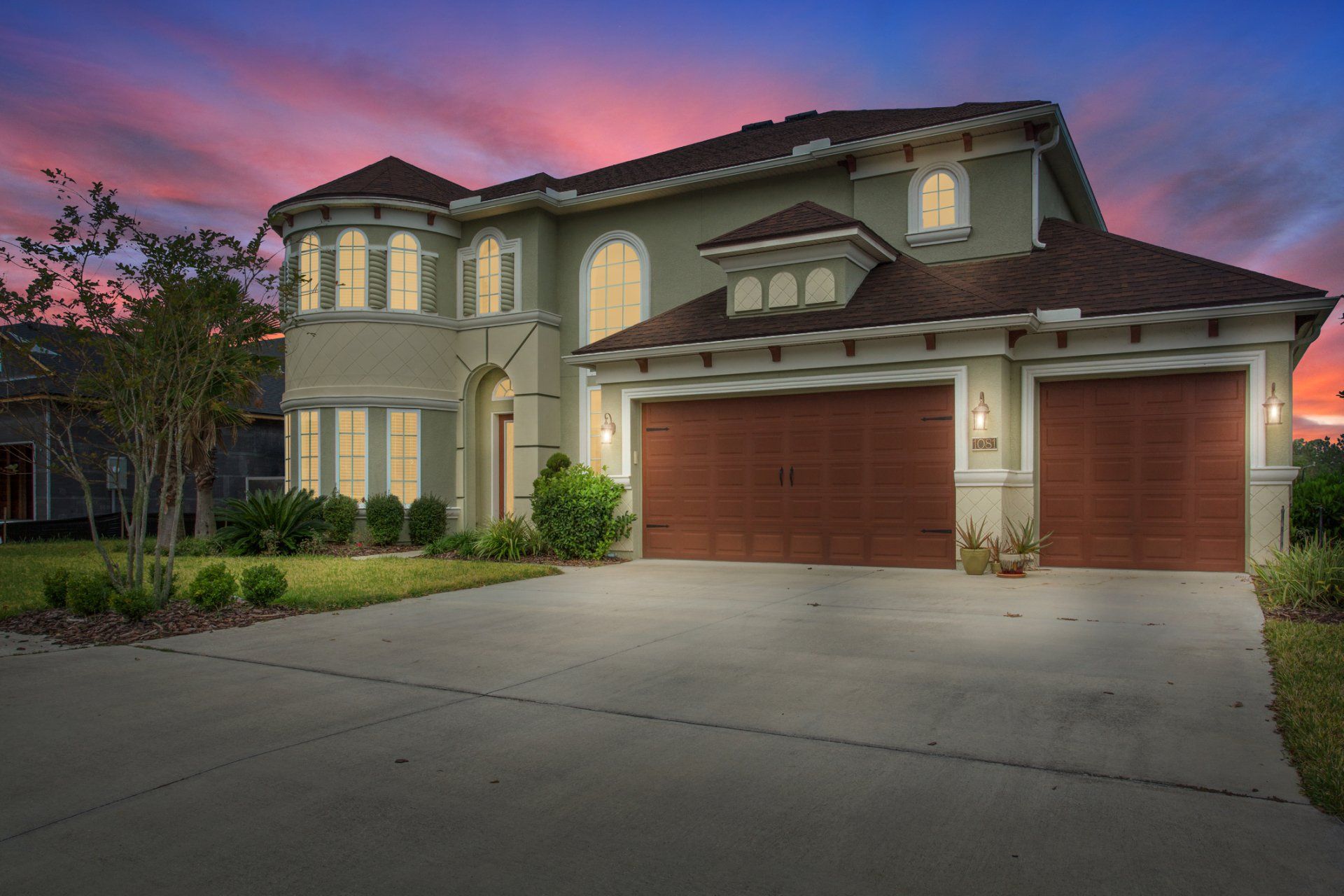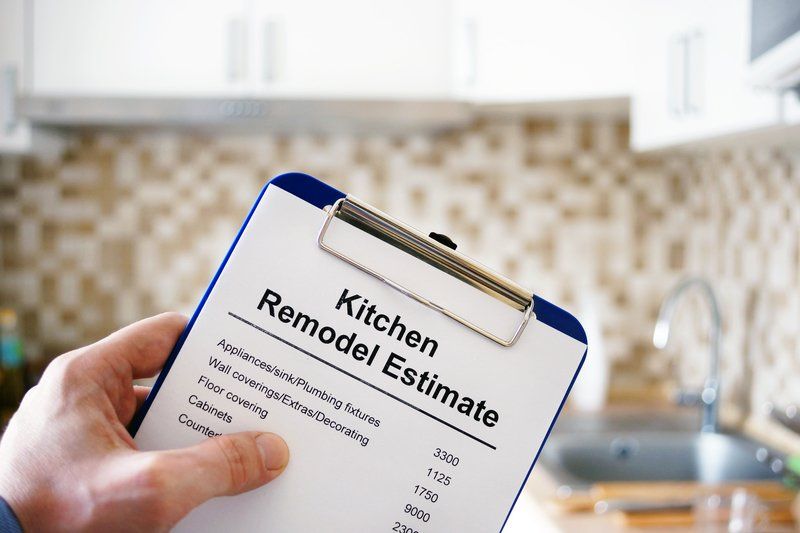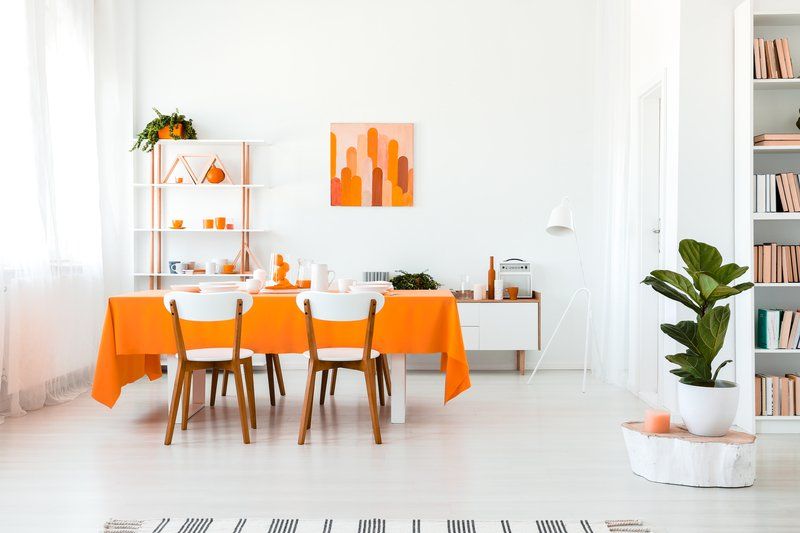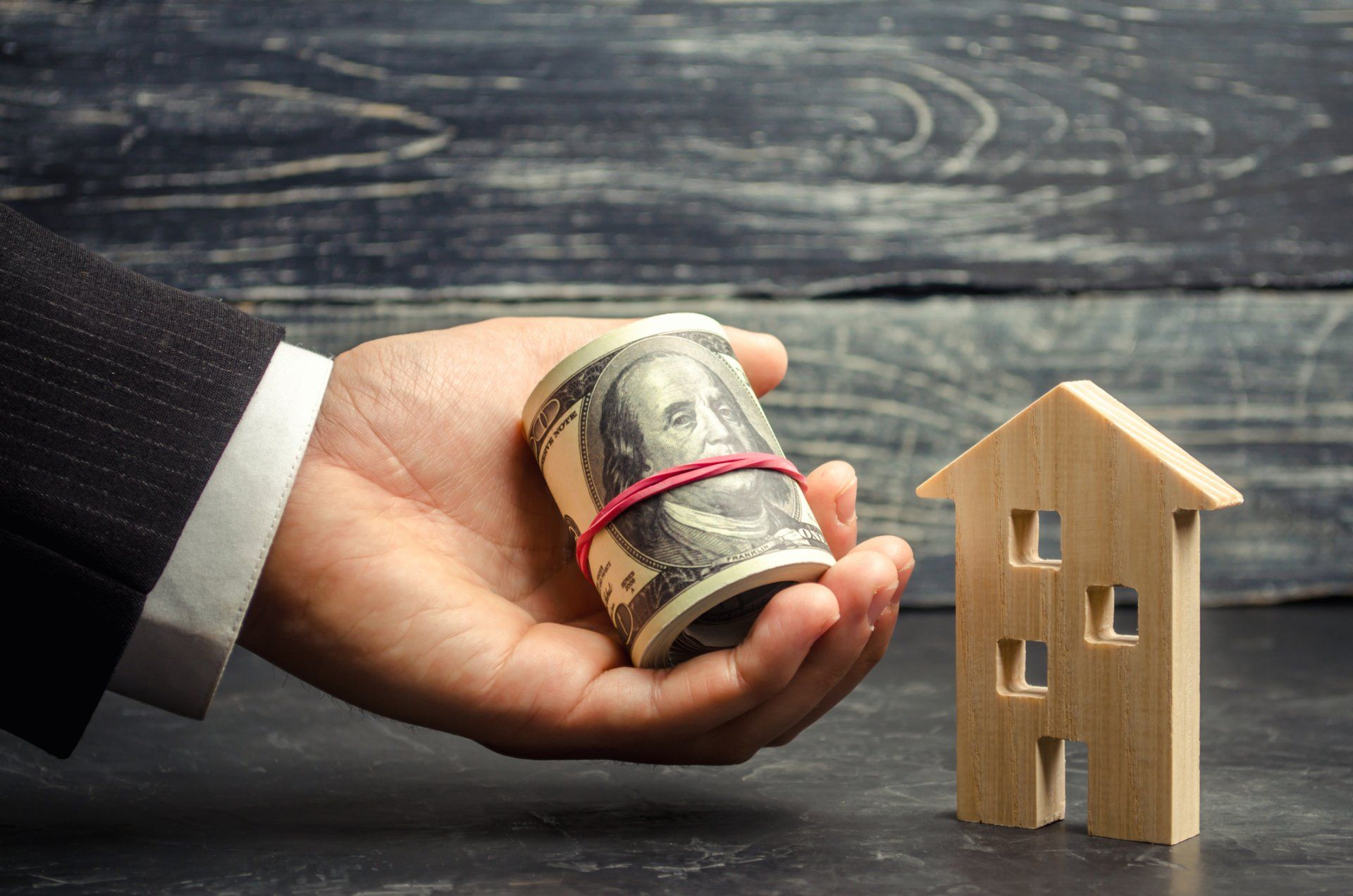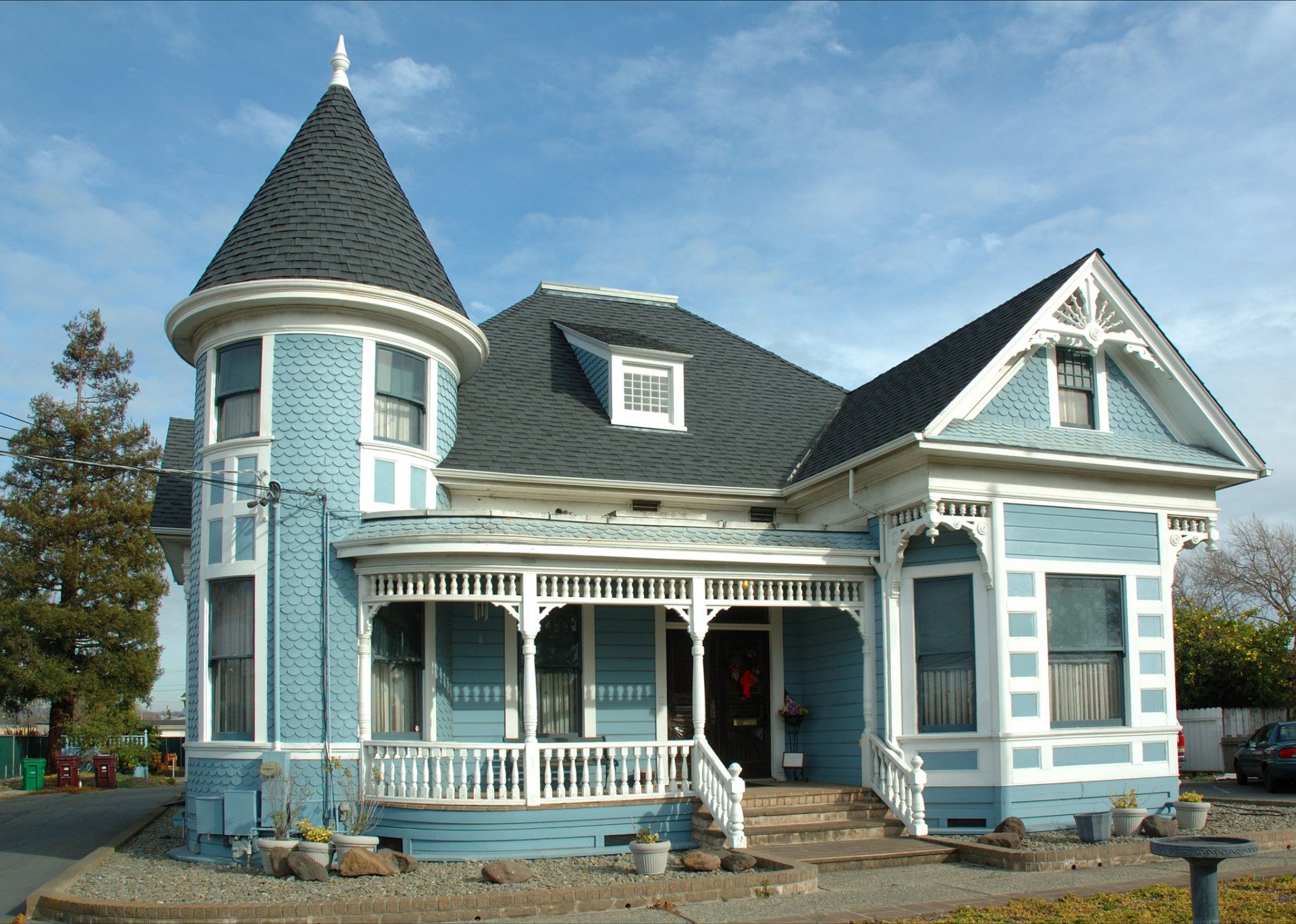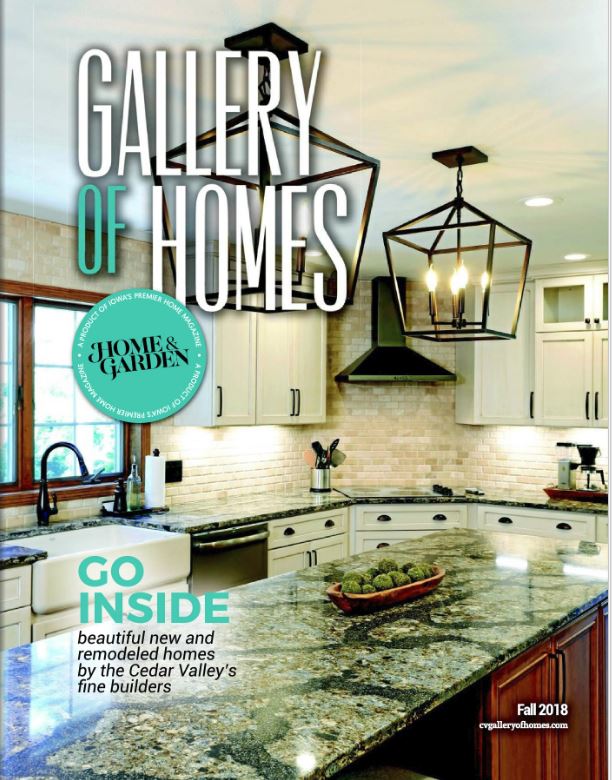What Should You Consider Before Building Your Custom Home
Building your own custom home is one of the most widely shared dreams of humankind. If you have the budget, you can make everything just the way you always wanted it to be. This is a big step in life, so you want to make sure that you get it right. As you make such a large investment, here are a few things you should consider.
Picking a Construction Company
The construction company that you choose will have a huge impact on your home. You want a construction company that is honest and trustworthy, and has experience with the type of home that you want to build. The company also needs to be affordable.
You can save yourself a lot of trouble by researching companies before hiring. Look at their portfolio to get an idea of what they can do. Ask to be shown some of the homes that they have previously built. Look at their online reviews. Do previous customers say that they were easy to work with? Poor quality construction can take a few years to manifest itself, so try to talk to previous customers that had their homes built a few years back. Discuss any concerns you find directly with your construction company.
Picking a Location
The location of your home impacts the price of a home, as well as the comfort you’ll experience in it. Is it by a busy street? A highway? Railroad tracks? These things can be noisy and affect your sleep. If you have children, busy streets and train tracks can be dangerous.
You also need to consider the kind of neighborhood surrounding your future home. Is it a safe place? Or does it have crime? If you don’t know, there are several sites that can let you see what the crime rate is in a neighborhood.
Building Schedule
Because you are building your own home, it’s going to be a while before you can move in. Depending on how weather and the size or your home, the average owner-built house can take about a year to complete. So where are you going to live in the meantime? If you sold your old home to finance the new one, you may need to move into a rental for a while.
Building Materials
You want your home to last a lifetime or longer, so you need to pick strong materials for building. Stronger materials will be more expensive, but they can provide considerable protection. For example, concrete can withstand up to 800 degrees , making it worth considering if you’re concerned about fires. Take into consideration weather patterns and the natural disasters common to your area when choosing your building materials.
Eco-Friendliness
Eco-friendliness is an important aspect of home building. Building an energy efficient home will help protect the environment and save you money. You can design a more energy efficient home by using quality insulation materials and eliminating unused empty space. For example, high ceilings can be majestic, but they also create a lot of open space that requires more energy to keep at a comfortable temperature. Other ways that you can make your home more energy efficient include investing in energy efficient AC, installing solar panels, and using solar powered water heaters.
Amenities
If you’re building a new home, you have a great opportunity to include all kinds of fancy amenities. You could include a pool, or a hot tub for summer parties. If you live in a cold weather area, you might consider installing a heated garage or heated pavement on your driveway. You can have your home built to integrate various smart home features like automatic door locks and app-controlled electrical outlets. The possibilities are only limited by your imagination. Ask around to see what other people have loved having in their homes.
Project Budget
Your budget is probably the biggest constraint that you are dealing with. The more extravagant your design becomes, the more money it is going to cost. It can be tempting to use up all the money that you have, but that would not be wise. These kinds of projects can hit several bumps along the way. You never know when an unseen cost is going to crop up. When signing a contract with a construction company, you need to have a clear understanding of who is responsible for covering additional costs. Regardless of what the agreement says, you should still set aside some money just in case. The last thing you want to do is end up with an unfinished home because you ran out of money.
Long-Term Use
When planning your home, you need to consider more than just your present needs. You should also consider long-term uses. Are you planning on staying in this home the rest of your lives? If so, you may want to take that into consideration. As you age, going up and down stairs is going to get more difficult. Placing the master bedroom on the ground floor can help make this more comfortable. If you are nearing retirement, you may not want to have a large home and yard. These things can take considerable time to properly care for. Sure, you can hire someone to clean and garden, but this is a large expense for the average individual.
Future Changes
Realize that you may not have all the perfect ideas right now. A few years down the road, you may want to be able to make some changes to your home. You can discuss these desires with your architect or construction company. They can show you how to make a design that will be more easily modified, depending on future desires. For example, perhaps you don’t have time for a woodshop right now but would like one in the future. Including an extra large garage with additional power outlets could make this easier in the future.
You’re going to be spending a lot of money on your new home. You will also be spending a lot of time there once it is completed. As such, take the time to plan it well and build it right. When you’re relaxing in the home of your dreams, you’ll be glad that you made the extra effort.
If you’re looking to build a custom home, don’t hesitate to contact us for a free estimate and to see how we can turn your vision into a reality!
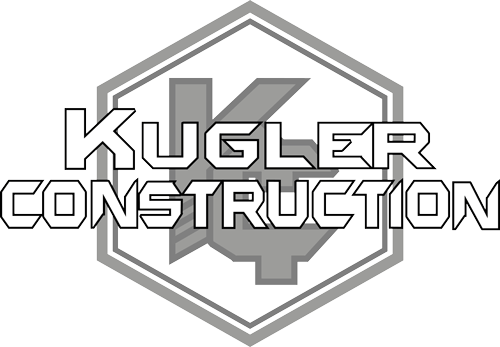
-800x526-1920w.jpg)
